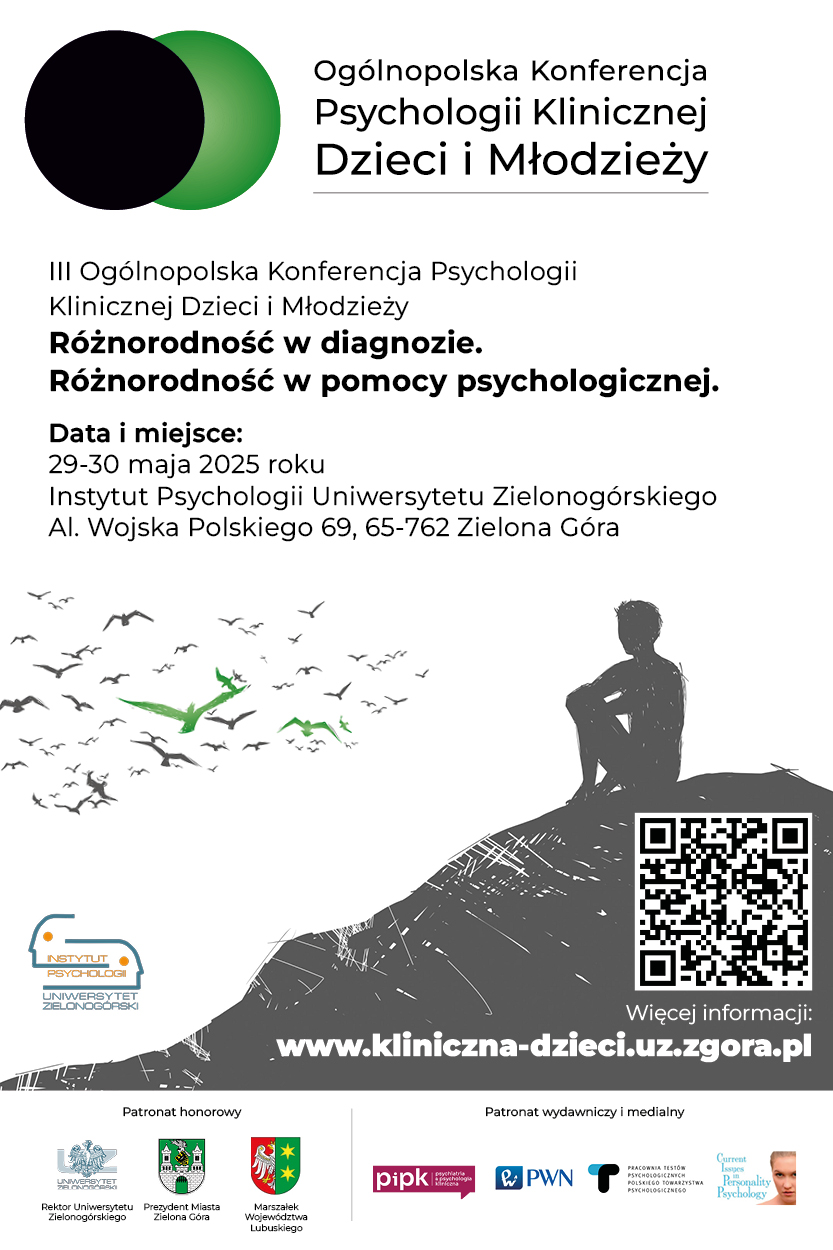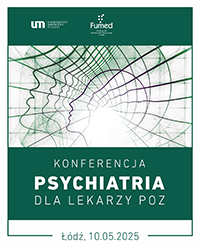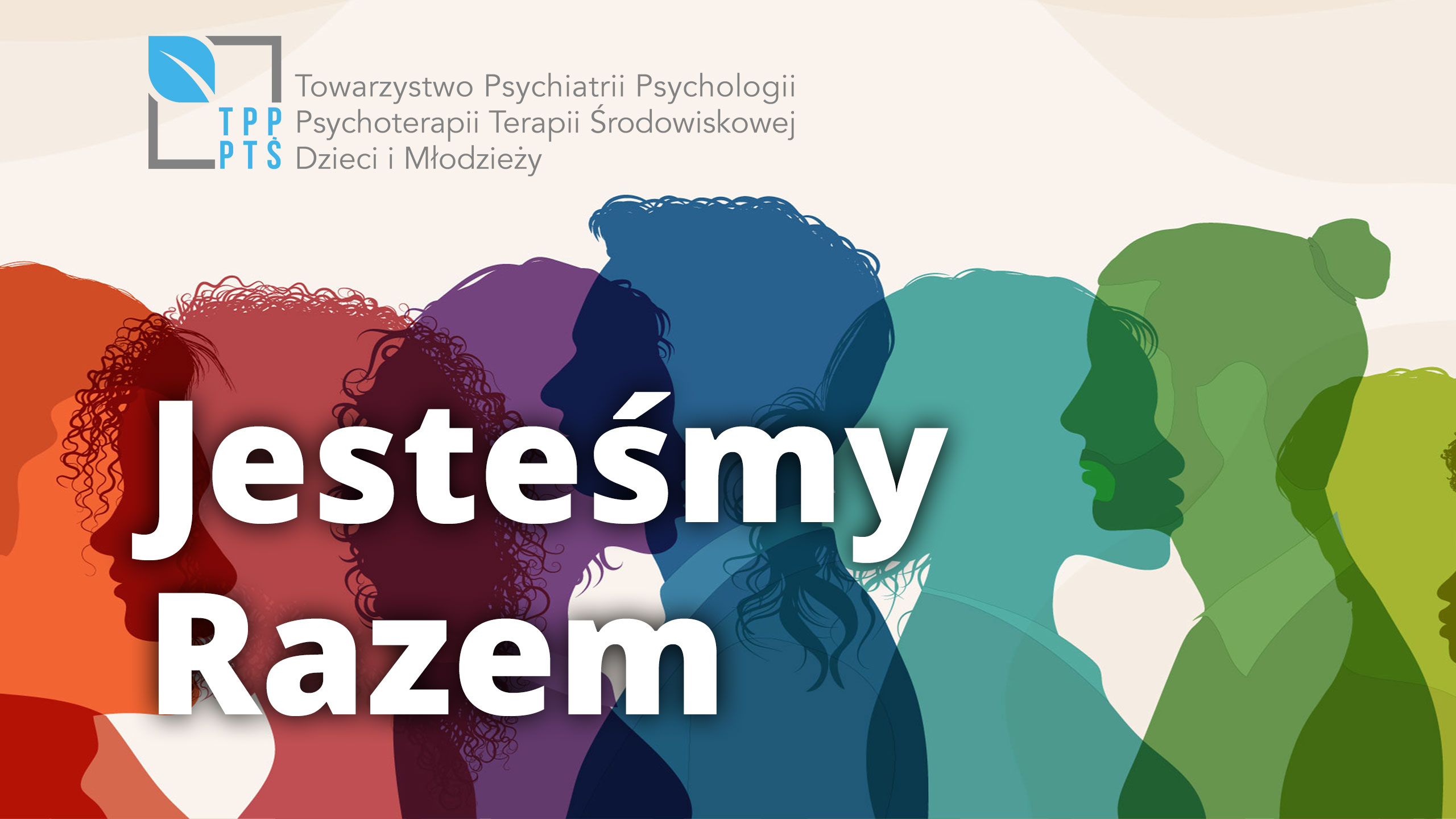Research into adolescents’ suicidal thoughts in Kazakhstan in the context of cognitive-behavioural approach
Alexina Li1, Olga Aimaganbetova2, Vladimir Kozlov3, Aigerim Mynbaeva2
 Affiliacja i adres do korespondencji
Affiliacja i adres do korespondencjiThis article is devoted to empirical research of adolescents’ suicidal thoughts in the context of the cognitive-behavioural approach. In Kazakhstan, this type of research is being conducted for the first time. The studies are conducted in general educational institutions of Kazakhstan with the consent of teachers, parents and participants themselves. The aim of this paper is to study irrational attitudes that generate cognitive distortions and become predictors for suicidal thoughts as well as adolescents’ attitude towards parents, family, teachers, the same and opposite sexes, to their doubts and fears, feelings of guilt, the past and future, and to life goals. Research methods applied in this paper are CP-45 by Yunatskevich, Irrational Beliefs Test (IBT) by Ellis, Sachs and Levy’s The Sentence Completion Test, and the psychological verbal and communicative method “Conversation.” Study results revealed the most commonly used cognitive distortions formed as irrational settings such as “Frustrating tolerance,” “Owes to yourself ”, “Owes to others” and “Catastrophisation,” which are the reasons for low self-esteem and irrational thinking to be generated. Other main reasons are negative attitude towards one’s own future or own past, and to their parents. In a risk group, adolescents represent dominance of irrational attitudes which are later transformed into a cognitive distortion of reality leading to suicidal thoughts. Suicide-oriented adolescents have a negative attitude to their own future and past and to their parents as well as socially oriented fears.






















